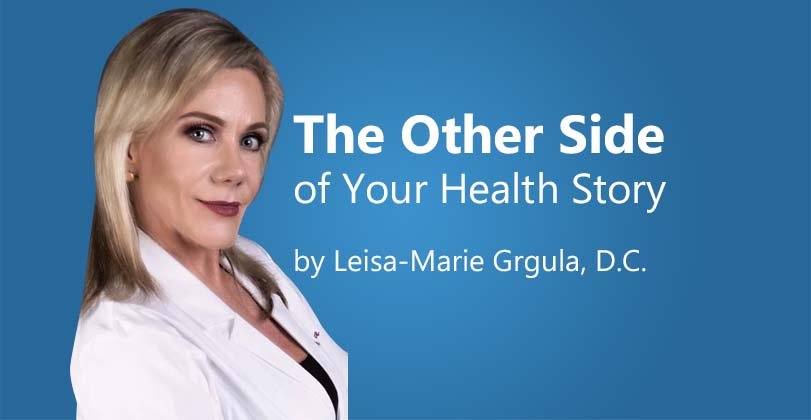Features
Unveiling the Truth: Stem Cell Myths That Could Be Hindering Your Progress

Stem cell therapy has sparked considerable discussion, prompting many patients to seek clarity on various aspects of the treatment. Understanding the facts behind this innovative area of medicine is essential.
One common inquiry is about the donation process for umbilical cords. Contrary to assumptions, parents do not receive payment for donating. Instead, the donation involves a rigorous screening process with around 90 questions covering personal, family, and travel histories, among other factors. This thorough examination helps ensure the safety and quality of the cord being donated.
There’s also a misconception regarding the legality of stem cell therapy in the U.S. While it is indeed regulated, concerns arise from clinics that operate outside of FDA oversight, which can pose serious risks. Clinics like Accurate Care focus solely on proven treatments, avoiding false claims of cures.
On the ethics of stem cell research, most current studies utilize adult stem cells, induced pluripotent stem cells, or umbilical cord blood— none of which necessitate embryonic destruction. Accurate Care specifically employs cells sourced from donated umbilical cords.
A significant challenge for many patients is insurance coverage. Nearly all insurance providers do not cover stem cell treatments, as their models typically favor surgeries and medications. In rare cases where some coverage exists, the long-term savings on future medical costs may justify the initial expenses.
The financial barriers to accessing stem cell therapy are also noteworthy. Costs can vary significantly, generally ranging from $1,500 to $13,000, depending on factors like the treatment type and patient characteristics. As technology advances, these costs are expected to decrease over time.
Patients often consider seeking lower-cost treatments abroad, yet safety and quality must be considered. The U.S. maintains stringent screening processes for donors and cell processing, which may not be reliably replicated elsewhere. Although there are some foreign clinics adhering to American standards, careful monitoring pre- and post-treatment is advisable.
This information aims to clear up misconceptions around stem cell therapy, enabling informed decision-making. Accurate Care is committed to helping patients explore their options responsibly.












![Phillip Gracia was arrested on multiple disorderly conduct charges on June 19, 2025. [PCSO/graphic]](https://arizonanews.org/wp-content/uploads/2025/06/Family-Mass-Suicide-Plot-Man-Arrested-for-Alleged-Orchestration-80x80.jpg)





